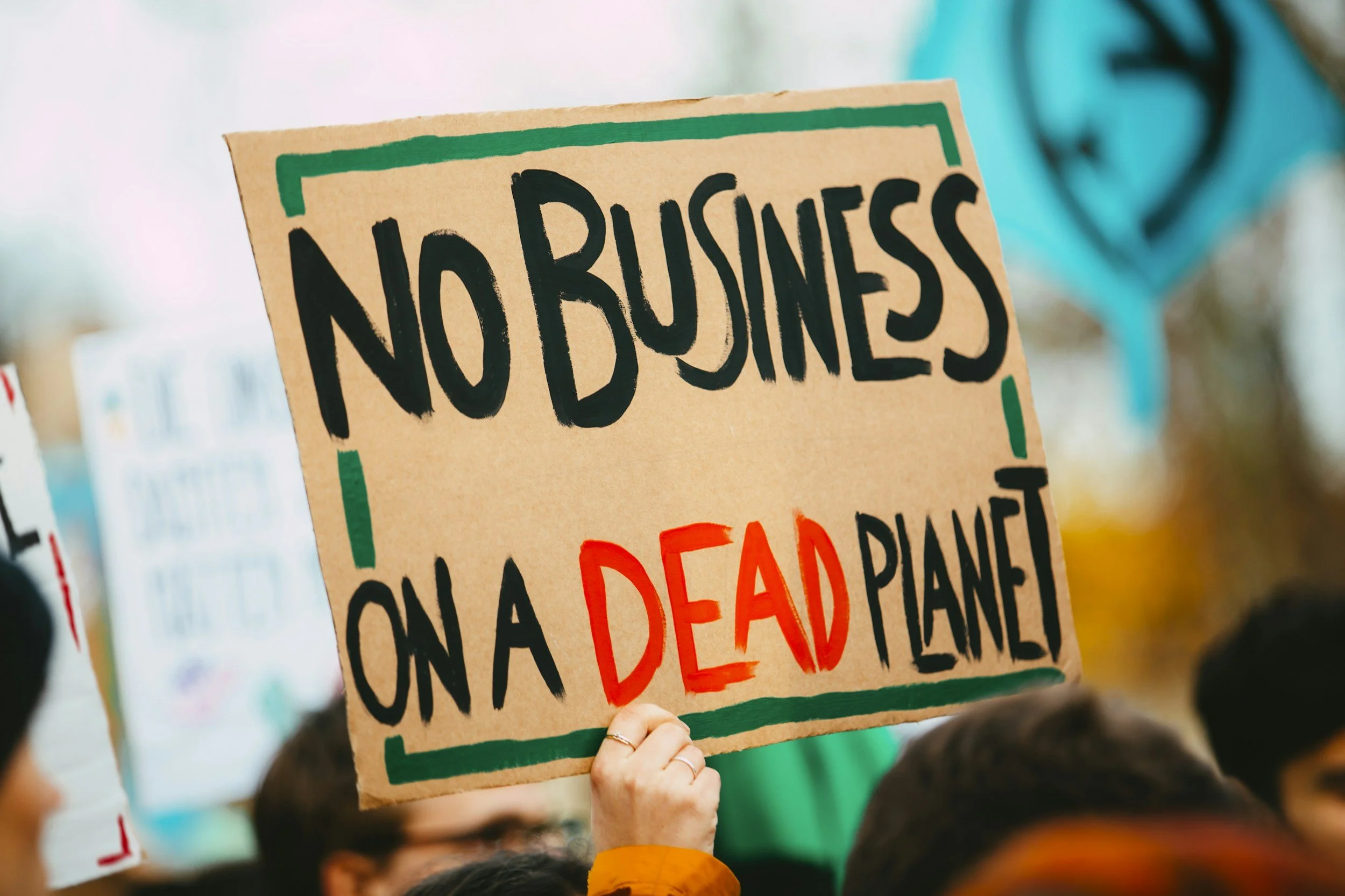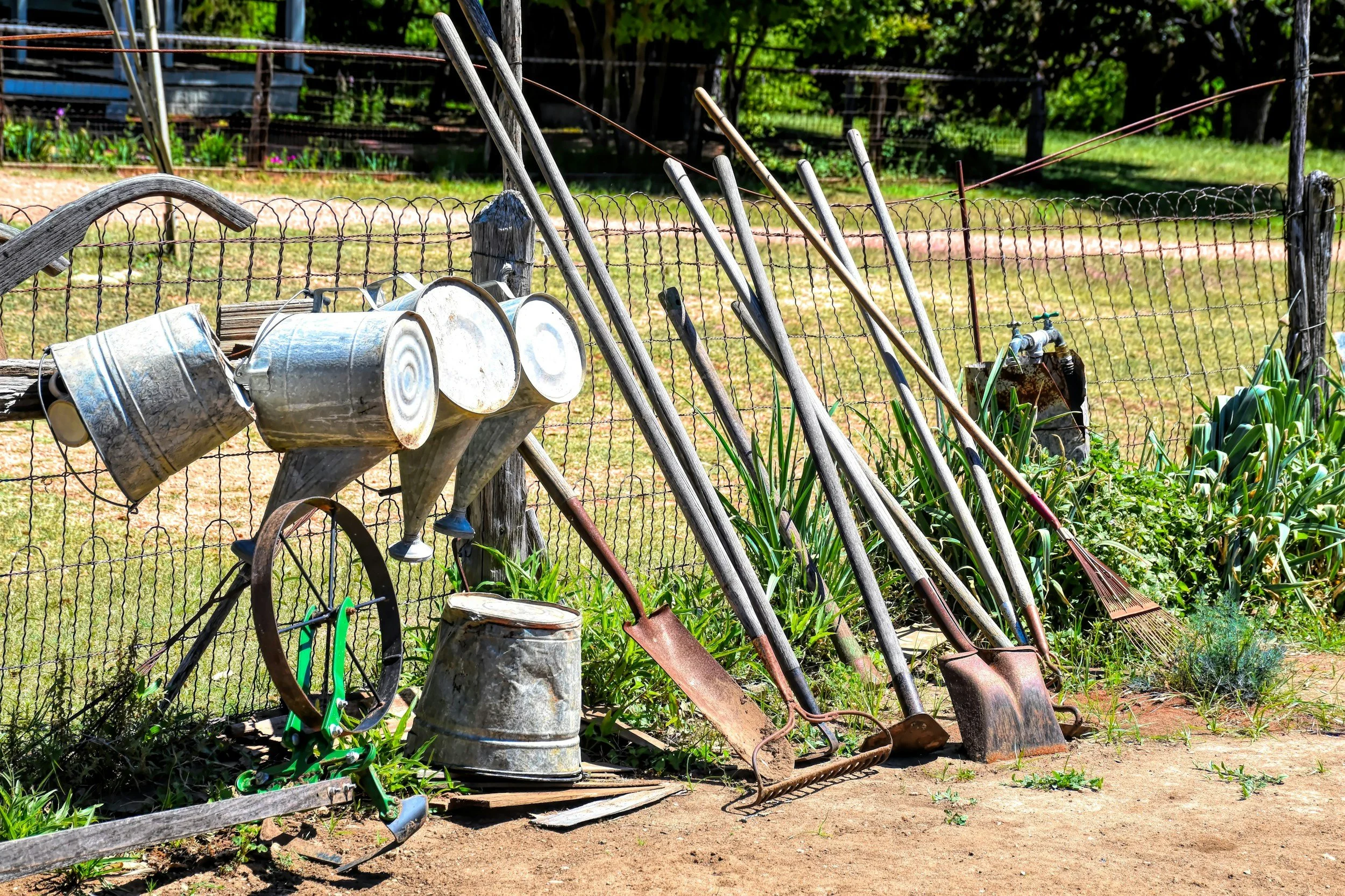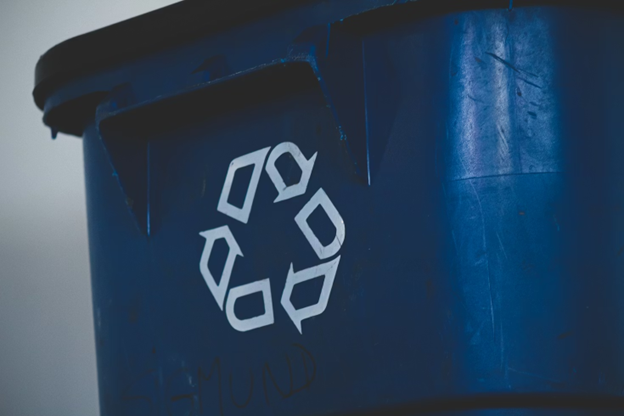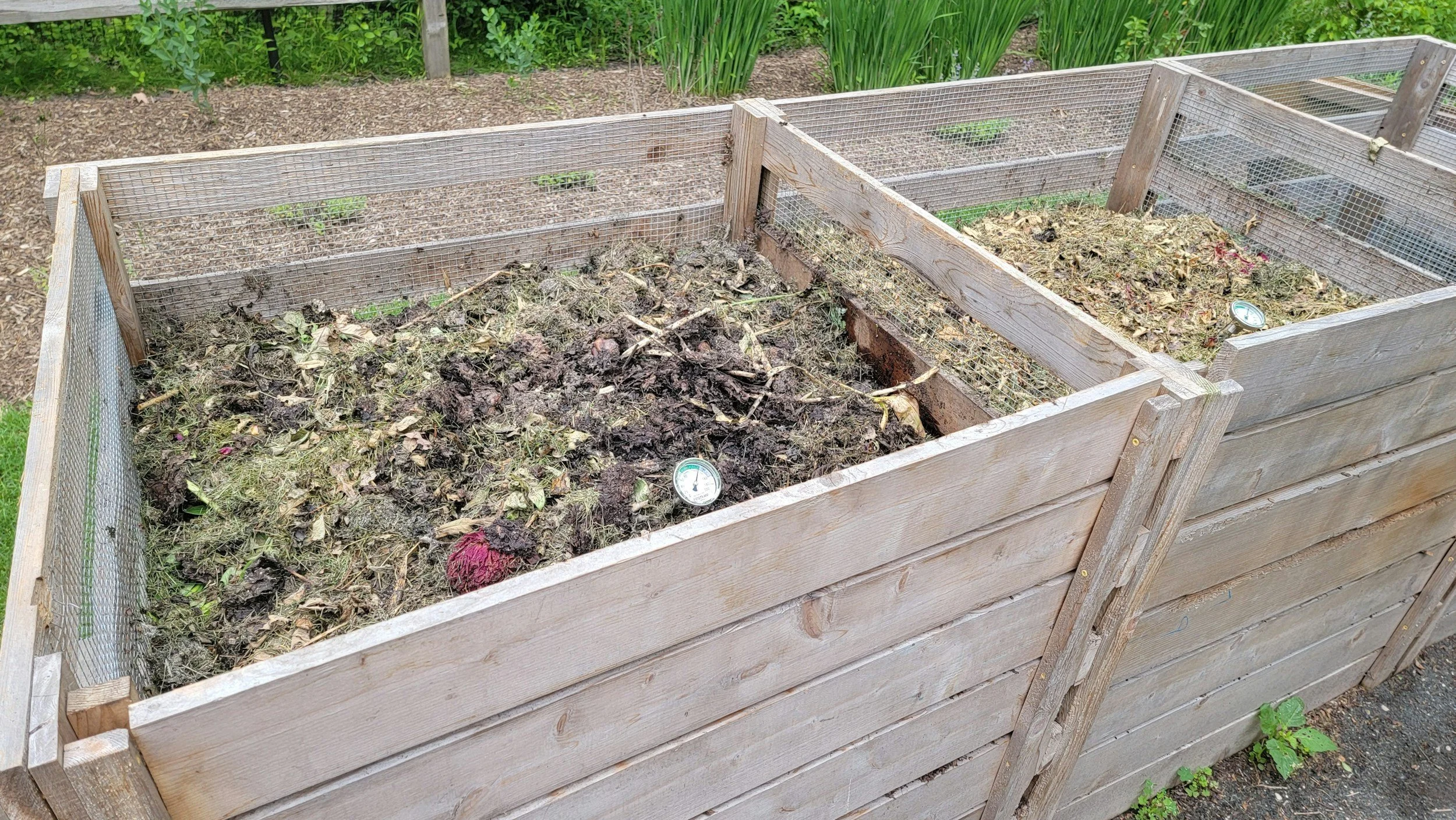the Road to 2040: An overview of the petrol and diesel sales ban
/The UK government recently announced a plan to ban the sale of petrol and diesel engine cars from 2040, amid fears that rising levels of nitrogen oxide are posing a major risk to public health. The UK government claims that the ban must take place due to the unnecessary and avoidable impact that poor air quality is having on the general public’s health. Although over the past 15 years, government data shows that the UK has made huge steps towards improving air quality, it is felt that the only way to improve the issue and keep it at bay is to ban the worst generators of this pollutant for good.
Nitrogen oxide reacts in the atmosphere to form Nitrogen dioxide, which causes adverse effects on health. Studies show that long term exposure to Nitrogen dioxide can have many serious health issues to the public, such as decreasing lung function, increased risk of respiratory conditions and increased response to allergens. As Nitrogen dioxide is in the atmosphere around us, it is impossible to avoid breathing it in. Therefore, the negative health effects will only continue if nothing is done to improve the atmospheric conditions.
Check out this infographic by Select Car Leasing to see why this is happening and if the UK will be ready for the switch.
Read More









































